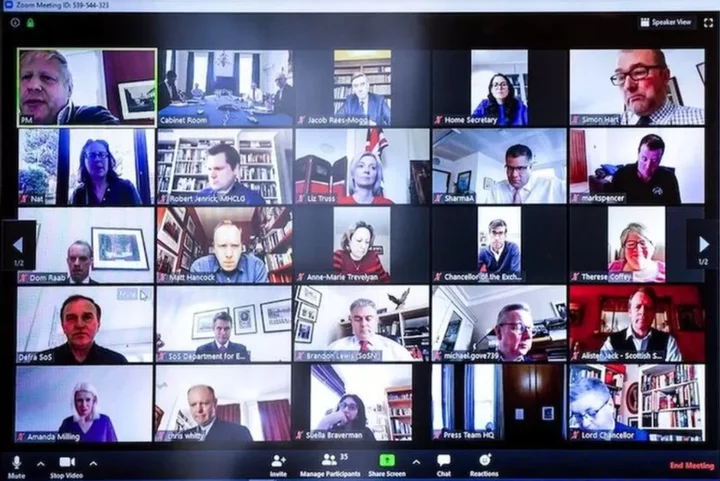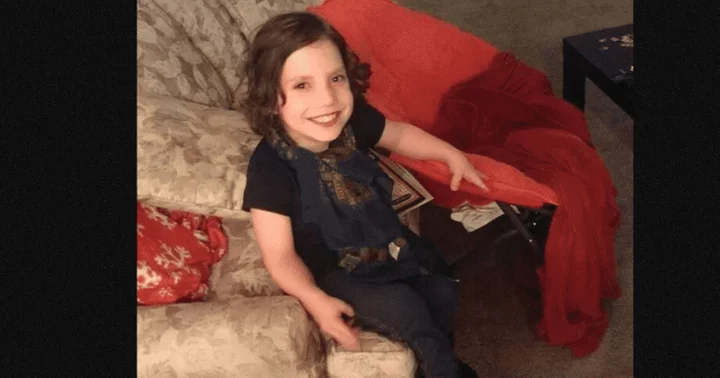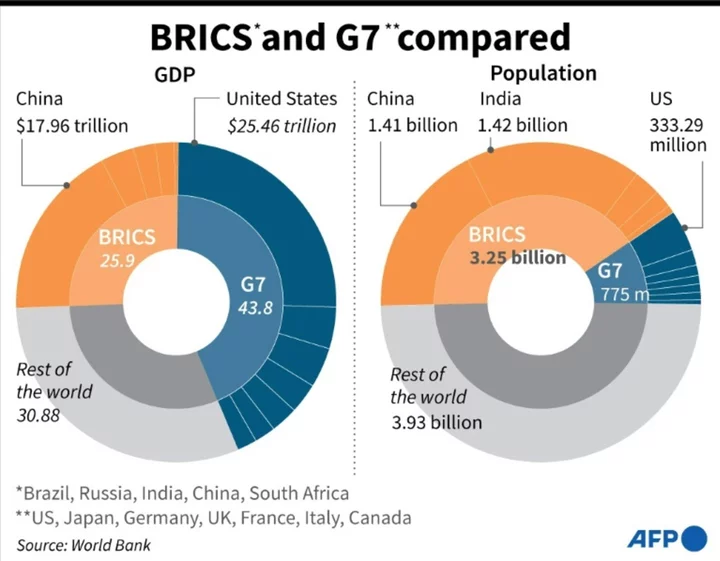A person’s choice of background on video call platforms like Zoom and Microsoft Teams can significantly impact other people’s first impressions of them, according to a new study.
Researchers at Durham University found that objects like house plants or book shelves can alter whether people perceive someone as trustworthy or competent.
Study participants were asked to judge still images of different subjects taking part in a videoconference, with statistical analysis revealing that people who used blurred, novelty or living space backgrounds were viewed as less trustworthy than those who had bookcases or plants in the background.
The research also revealed that people who smile on video calls are also generally seen as more trustworthy.
“This research shows how our Zoom backgrounds can affect the first impressions we make,” the researchers wrote.
“If you want to come across as trustworthy and competent there are some backgrounds you should use and some you should definitely avoid.”
Previous studies have demonstrated that first impressions can have significant impacts on people’s lives, capable of influencing everything from criminal sentencing decisions to romantic outcomes.
The popularity of videoconferencing platforms that arose during the Covid-19 pandemic mean first impressions are often made via video chat rather than face-to-face contact.
“In the professional environment, 75 per cent of business meetings are predicted to occur by videoconferencing by 2024. The findings of this study therefore have extensive implications for professional organisations and the general public,” the researchers wrote.
“The findings are highly relevant to recruitment processes because competence is a strong predictor of hire ability... Beyond the boardroom, the implications of the study are pervasive for the criminal justice system as defendants are increasingly appearing by videoconferencing.”
The research was detailed in a paper, titled ‘Virtual first impressions: Zoom backgrounds affect judgements of trust and competence’, published on Wednesday in the scientific journal PLoS ONE.
Read MoreChatGPT boss says he’s created human-level AI, then says he’s ‘just memeing’









